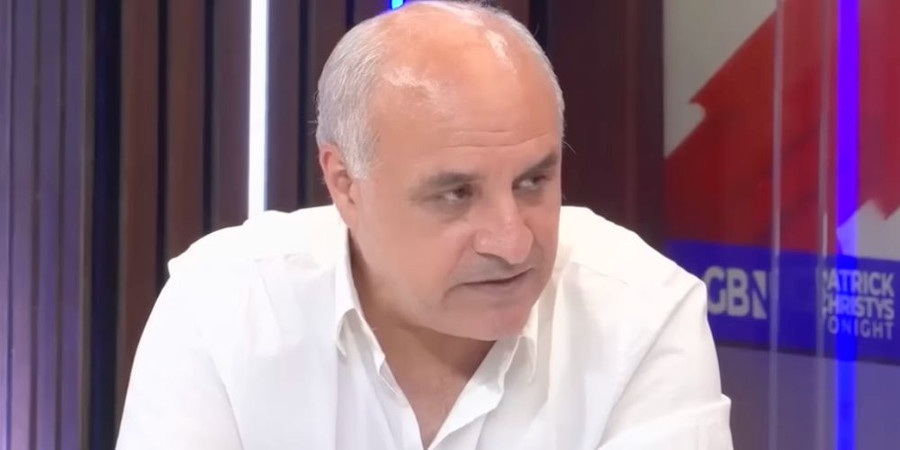Is the world back to where it was around the year 1800? One could come to that conclusion after reading British historian John Darwin's recent book "After Tamerlane," which assesses the rises and falls of empires after the death in 1405 of the famously bloodthirsty Muslim Mongol monarch.
From his Central Asian base, Tamerlane conquered Persia and lands from Egypt to India, destroying captured cities and piling up enormous piles of skulls. His fame has endured, from Christopher Marlowe's Elizabethan play to the first name of the slain Boston Marathon bomber.
Darwin's perspective is worldwide, with as much emphasis on East Asia, South Asia, the Islamic world and Russia as on Western Europe and its American offshoots. He argues that from the 1400s to about 1800, China, India and the Islamic world were about as economically and technologically advanced and culturally sophisticated as that little set of peninsulas at the western edge of the Eurasian land mass called Europe.
In this view, European traders and armies played only a small, mostly offshore role beyond their homelands. European dominance started not with Christopher Columbus and Vasco da Gama but when the British East India Company started conquering India and North American settlers started moving west of the Appalachians.
Today you could make the argument that the major regions of the world are reverting to the balance that prevailed until the 19th century, when Europe and the United States suddenly started dominating the world.
That's certainly the view of China's leaders and, as far as one can judge, of the Chinese people. China was riven by civil wars and foreign interventions between the Taiping Rebellion, which started in 1850, and the death of Mao Zedong in 1976. Its surging economic growth since then and its increasing military might, in this view, have simply restored it to the eminence it enjoyed at the time of the Qianlong emperor's death in 1799.
President Barack Obama's "pivot to Asia" is an attempt to cabin in China's power without establishing a NATO-like military alliance - impossible because of distrust between Japan and its neighbors. The Trans-Pacific trade agreement - made possible by Republican congressional leaders' smart maneuvering to outflank congressional Democrats and pass trade promotion authority - is an attempt to bind China's pro-American neighbors together and limit China's influence.
Meanwhile, Europe increasingly resembles its situation before 1800, with much local prosperity but not much clout beyond its borders. It is threatened from the east by Vladimir Putin's Russia, which has absorbed much of Ukraine and threatens NATO members Estonia, Latvia, Lithuania and Poland.
Russia does not have the military strength it had when its troops swept into Paris in 1814 and Berlin in 1945. But a successful incursion would destroy the credibility of NATO. Fortunately, Defense Secretary Ash Carter and senior military leaders have been busy working to strengthen NATO deployments in eastern Europe in order to deter Russian aggression.
The Islamic world in the years after Tamerlane, Darwin argues, was dominated for centuries by the economically successful and culturally creative Ottoman and Persian empires. The Middle East is mostly economically stagnant and culturally barren, fostering terrorism and disorder.
Middle Eastern oil is less strategic than formerly, but 9/11 and the Islamic State group show how regional instability can threaten the advanced world. George W. Bush's attempts to advance democracy there did not succeed. President Obama's strategy - to appease Iran's drive for nuclear weapons in the hopes it will be a "very successful" regional power - seems ill-conceived.
The big difference between the world balance in 1800 and today is, of course, the United States. The young U.S. was different, fighting the Barbary pirates and entering the China trade. It had built the world's largest and most creative economy by 1900, to the point that exhausted European powers begged it to take the lead role in economics and politics in the years after World War I.
Americans declined that invitation but took it up after World War II, in what seemed still a Europe-centric world, in the confidence that they could make it better - and with notable success in Western Europe and Japan. Today administration leaders on trade and defense are trying to follow that example.
But the president seems to lack that confidence and, facing a world that resembles 1800 more than it does 1945, reaches out to Iran's mullahs and the Castro brothers while disrespecting many of America's friends. Curious responses to a difficult challenge.





